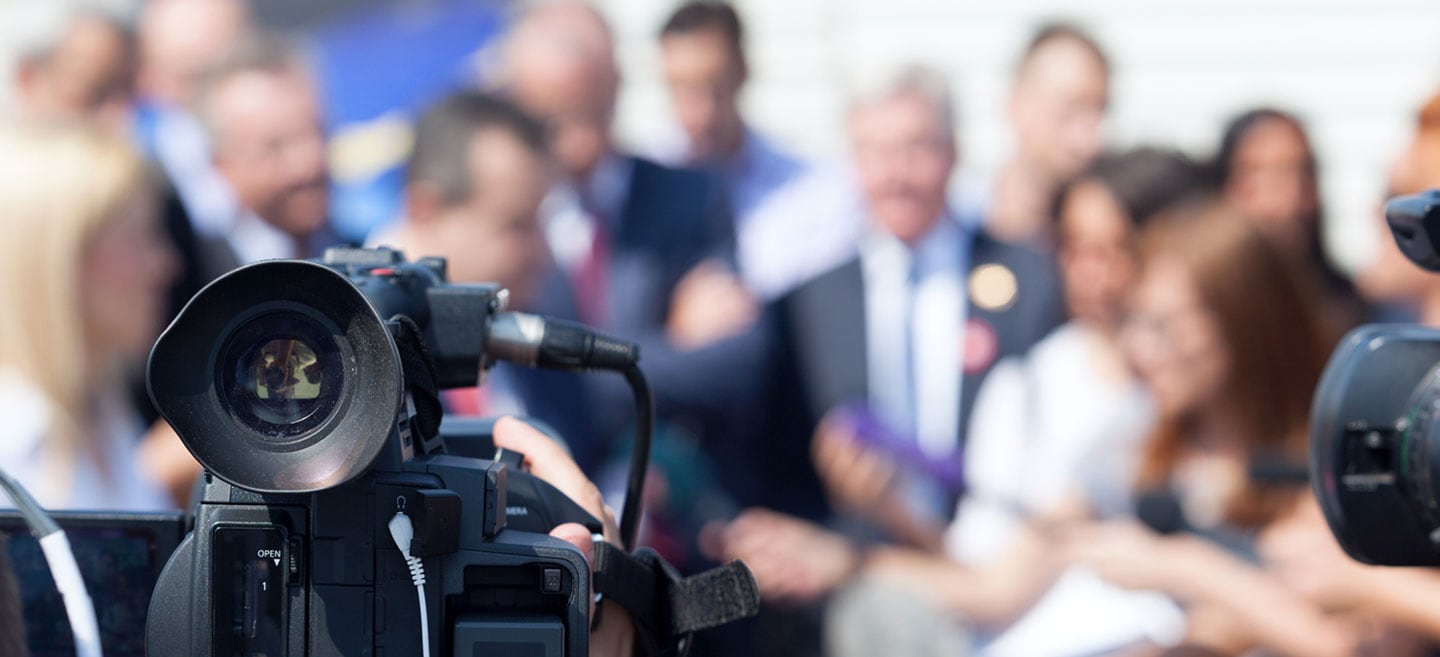Blog Posts
Advance Filter

Why I believe in the potential of open data
Today’s world has considerably more data and more means to interrogate that data than ever before. While the data advancements made in recent years are well reported, the coronavirus pandemic has revealed that we are not yet realising the full potential of the data that exists.
10 Dec 2020


How the best climate practices can make great business sense
The power of collective action is evident in the global response to coronavirus. However, while countries harnessed technology across sectors – health, education and research – the pandemic exposed the fragility of the global economy.
08 Dec 2020

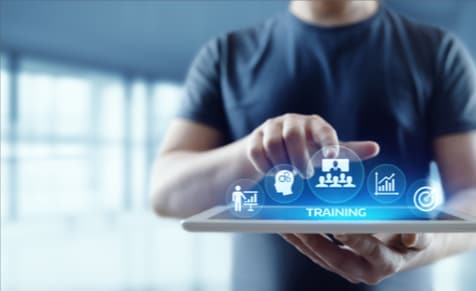
The accelerated transformation of corporate learning
Corporate learning and development (L&D) has undergone a digital revolution in recent months − and a much needed one. As companies have pivoted, creating new virtual programmes for thousands of colleagues, it has become clear these shifts will have profound, ongoing implications for the way we think about learning, both, as learners and as learning professionals. Getting this right will propel organisations into the world of ‘Learning for the Digital Age’.
10 Nov 2020

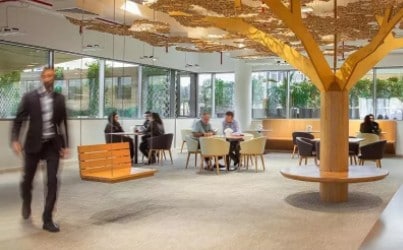
Here's why the business of sustainability has come of age
- There is a unique opportunity for businesses to lead the way when it comes to sustainable investments.
- But it needs the support of governments and regulators, and it will require hard dollars and soft power.
- By seizing the opportunities and working together, the private sector can not only create a more sustainable future, but can unlock significant long-term value, for business and for society.
04 Nov 2020

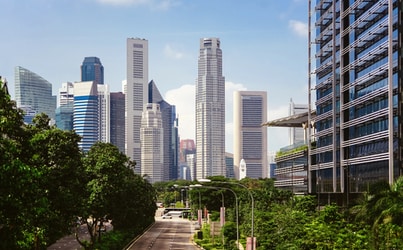
How we create a sustainable future for all
The coronavirus pandemic has been a dark and difficult time for us all: our communities, our people and our companies have been hurt economically and socially as the velocity of physical movement, interaction and commerce has slowed.
In spite of this, I believe we are living through a moment of great opportunity, a time when we can rebuild our world in a way that will have a lasting and positive impact.
09 Sep 2020

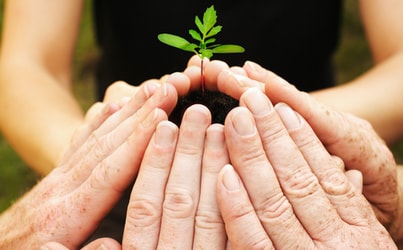
Changing mindsets on climate action in MENA
It’s time to up our game when it comes to sustainable living in the Middle East.
04 Sep 2020

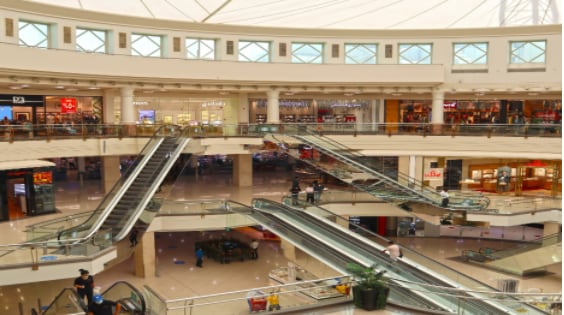
Is it bricks or clicks for retail recovery
As a retail industry professional responsible for a portfolio of 27 physical and experiential retail spaces across the Middle East, I have been watching closely as the global pandemic created a new digital paradigm. For many in our industry, these represent truly unprecedented times.
16 Jul 2020

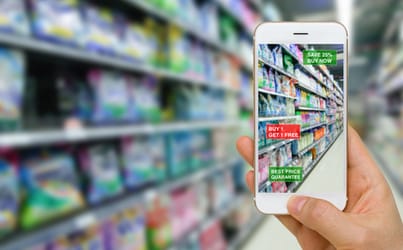
Building Digital Resilience Around the Customer
Resilient businesses use digital technologies, data and analytics to create long-term customer value.
03 Jul 2020

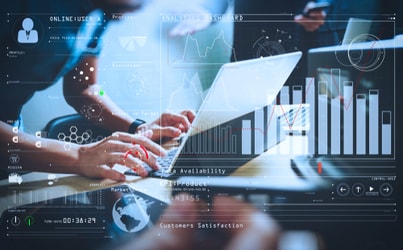
COVID-19 and business recovery- the power of data
The COVID-19 pandemic is testing the resilience of nearly every business to its limit. Many companies have suspended their operations completely, and even those who are allowed to continue trading are struggling. The challenge is not just coping with disrupted supply chains and volatile consumer behaviour, but also preparing businesses for the new normal after this virus has been contained.
30 Jun 2020

X
